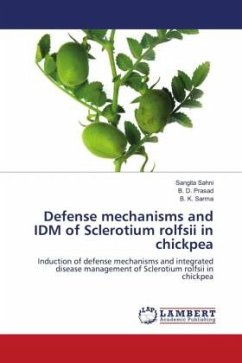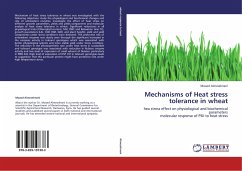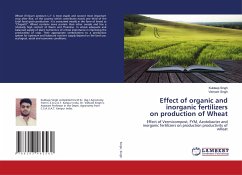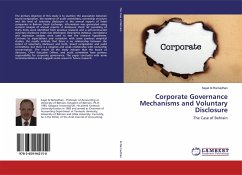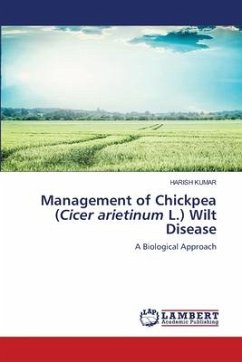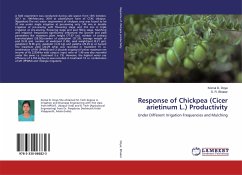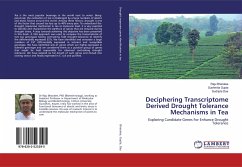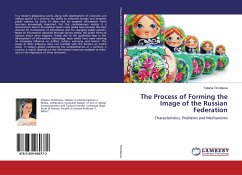Chickpea (Cicer arietinum) is one of the world's major legume crops and suffers substantial damage from collar rot disease incited by Sclerotium rolfsii Sacc., a soil-borne pathogen. The holistic management of this pathogen is possible by adopting through integration of multiple disease management strategies. Two non-conventional chemicals, ZnSO4 (10-4 mM) and oxalic acid (4 mM) were tested (alone as well as in combination with seeds bacterized with Pseudomonas syringae strain PUR46 and vermicompost substitution), for their ability to suppress collar rot of chickpea. ZnSO4 was more effective than oxalic acid against S. rolfsii. Combined application of 25% vermicompost along with seed bacterization showed minimal induction of POD and PAL activities in leaves and stems of chickpea plants in 48 h but maintained their activities throughout the sampling periods compared to inoculated control, indicating the lesser requirement of defense enzymes in the treated plants for encountering the pathogen. The potentiality shown by ZnSO4 in presence of adequate quantity of vermicompost (25 %) and PUR46 subjects the technology for its adoption to manage collar rot of chickpea at farmer's field.
Bitte wählen Sie Ihr Anliegen aus.
Rechnungen
Retourenschein anfordern
Bestellstatus
Storno

